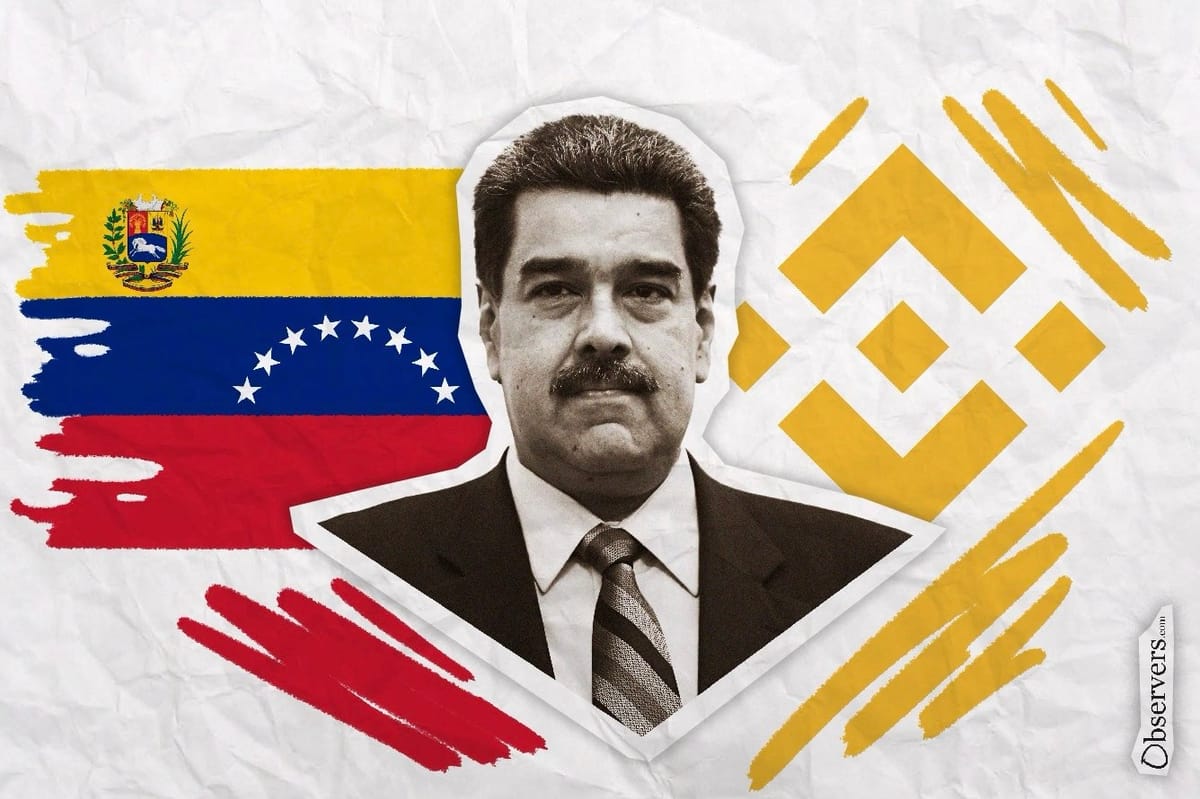
Venezuela's Binance users are reportedly experiencing difficulty accessing the exchange website. As always, the exchange claimed that all the users’ funds were SAFU and promised to address the situation as soon as possible.
The restrictions followed allegations of fraud in the July 28 presidential elections, whereby the opposition challenged President Nicolás Maduro’s claims of a third term. The allegations are supported by most countries, including the U.S.
After the elections, loyal security forces have launched a crackdown on the opposition. Alongside arrests, the government started blocking social media. Allegedly, X and Signal were blocked to prevent locals from attracting international attention to the situation, which is, put bluntly, a military dictatorship seizing power. According to Maduro, access to X was blocked for ten days to "put an end to plans on networks to sow violence, hatred and attack Venezuela from abroad."
Binance was most likely unintentionally blocked as part of the social media limitation process. Reportedly, the country's state-run telecom service provider is blocking Amazon CloudFront, which provides Content Delivery Network (CDN) solutions. This leads to numerous website blockages in different segments, including the largest local e-commerce platform, MercadoLibre, Disney+, and, allegedly, Binance.
An internet governance expert shared with Observers that Binance might be using X’s popular libraries, which are now probably blocked within the country's territory. In general, he opined that such ‘side-effects’ were expectable when blockages were done in a rush without proper expertise and preparations.
There are also unconfirmed speculations that access difficulties might have been provoked by Binance’s compliance efforts. It is highly possible that the U.S. might put more sanctions on the country if Maduro remains in power, so Binance might have decided to play safe following its new full compliance strategy.
On social media users also suggest that the blocking might have been ordered by Maduro: “control the money, control the world.”
Although the subject of freedom of speech in the context of blocking social media in the country is widely discussed, the Binance blocking might have more visible and powerful impact on the situation in the country. While the local currency, bolivar, has been dramatically depreciating, local citizens have started relying heavily on on-chain dollar substitutes and Binance has been the most popular choice for getting access to the stablecoins market. According to Similar Web, Venezuela has been one of the top three countries that generated the most interaction with the Binance p2p website over the last three months. Those who fled Venezuela are actively using crypto to send remittances back home annd major institutional players have also turned to crypto to sidestep the U.S. sanctions. Thus, the deprivation of access to the crypto market might have an unpredictable effect on the bolivar and the country's financial stability.
Currently, users mainly access their funds using VPNs, but this is not a full solution. So far, it is unclear how the government will ’tune’ their blocking settings in the near future and whether access to Binance will be restored or completely banned.

